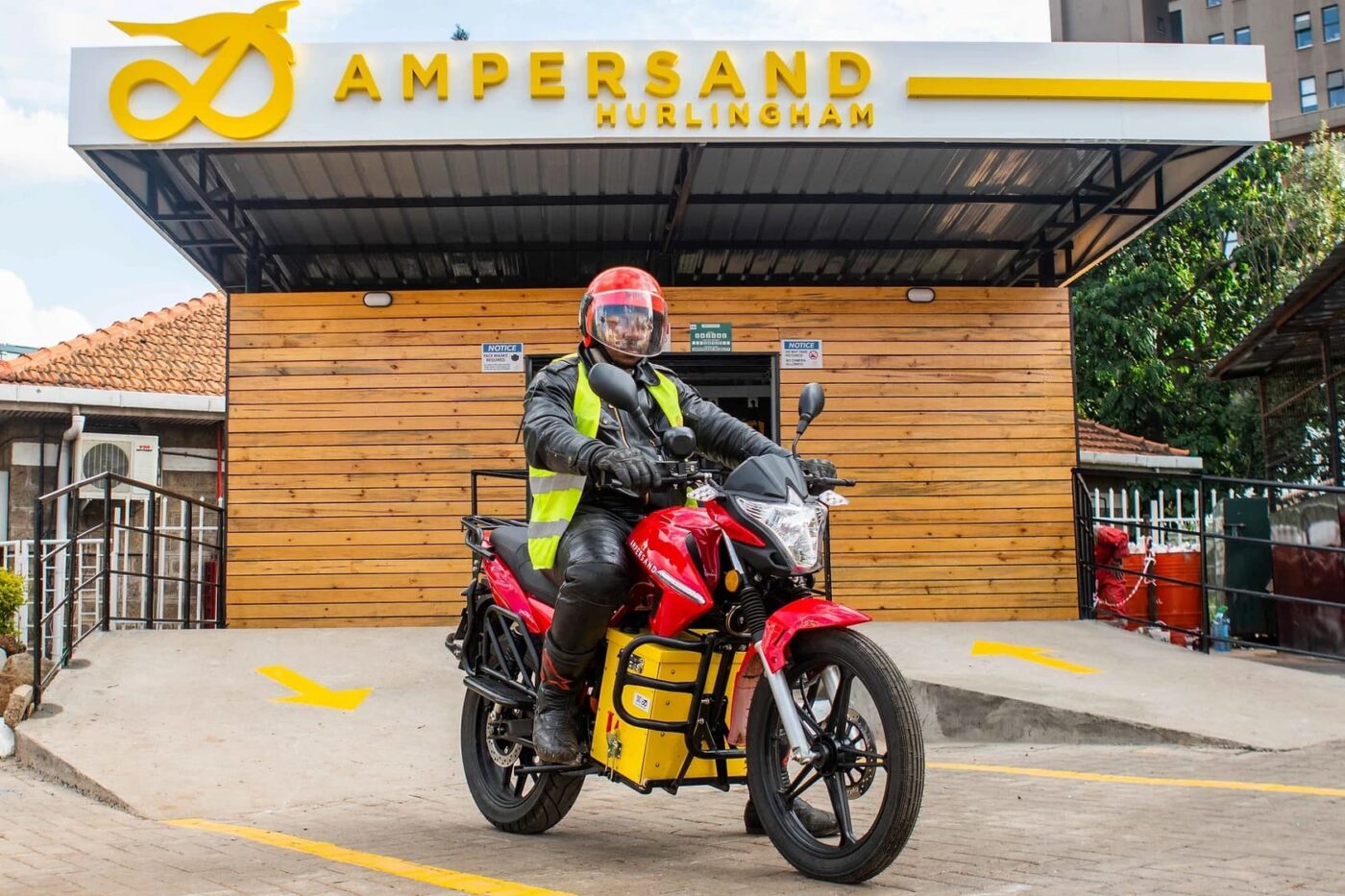Ride1Up has introduced the Revv1 DRT, a redesigned off-road version of its original Revv1 electric moped-style bike, marking the brand’s expansion into a wider range of e-bike models. The Revv1 DRT is designed for off-road adventures, catering to the popular trend among younger and more adventurous riders.
The original Revv1, launched in early 2023, aimed to offer high-performance riding and moto-inspired styling at an affordable price, challenging major brands like SUPER73. The Revv1 DRT builds on this foundation, incorporating modifications based on feedback from riders who optimized the bike for off-road use.

The new Revv1 DRT features several modifications for off-road trails, including updated suspension, tires, spoke wheels, off-road fenders, modified lighting, and updated frame geometry. Visually, the bike is distinguished by its chunkier off-road tires and the new longer travel DNM coilover shock in the rear, complete with piggyback reservoir. A Molle panel is also available to attach accessories to the front triangle of the frame.
The Revv1 DRT is powered by a 1,000-watt continuous-rated rear hub motor offering 95 Nm of torque, making it one of the most powerful stock e-bike motors available. The bike ships with a 20 mph (32 km/h) speed limit but can be unlocked for Class 3 operation with pedal assist, reaching speeds of up to 28 mph (45 km/h). Further unlocking for throttle-only operation is possible, though restricted to off-road and private property use.

The bike retains many components from the original Revv1, including the large 52V 20Ah (1,040 Wh) battery pack with Samsung 50E 21700 battery cells, the 3.5″ center mount display, and the 4-piston 203mm hydraulic disc brakes. Despite its off-road focus, the Revv1 DRT manages to shave off a few pounds compared to the street-version, weighing in at 91 lb (41 kg).
The Ride1Up Revv1 DRT is available for promotional pre-order at US $2,495, with deliveries expected to begin in early June. The company has indicated that the promotional price may change after the initial offer period, but it aims to maintain consistent pricing throughout the year, unlike the fluctuating prices often seen in the industry.







